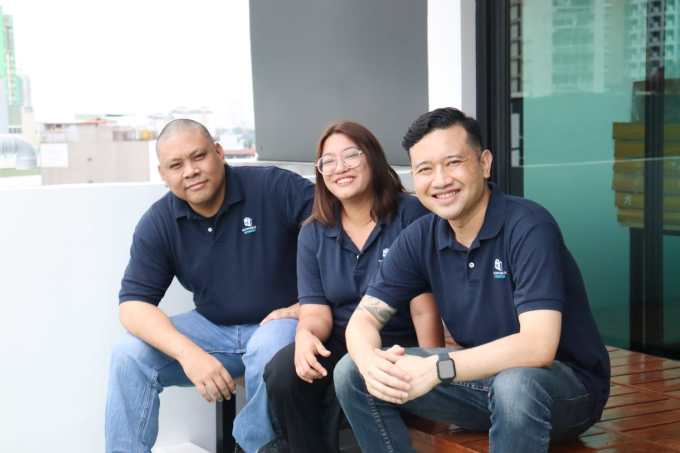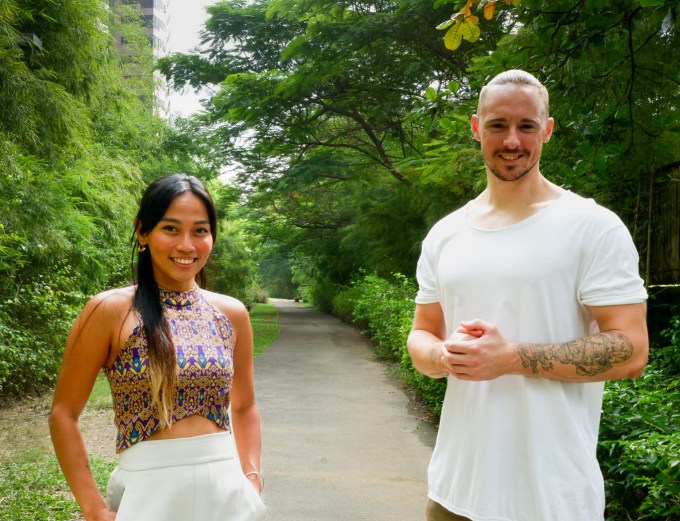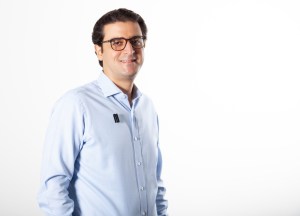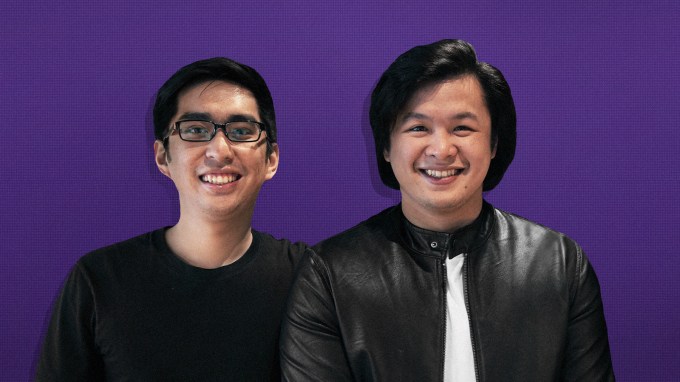The Philippines’ startup ecosystem is poised for strong growth, thanks to the country’s rising GDP, fast adoption of online services and a new generation of founders. Launched by tech and investment veterans, Kaya Founders wants to back the most promising startups from the very beginning. The venture firm announced today that it has closed $12 million in funding across two new funds, bringing its total committed capital to $16.5 million, with a target of $25 million. The new funding was led by the Gokongwei family.
Kaya (which means “can do” in Tagalog) was founded in 2021 by former Zalora Philippines CEO Paulo Campos, Summit Media president Lisa Gokongwei-Cheng and Locad CEO Constantin Robertz. Both Gokongwei-Cheng and Robertz are prolific angel investors, and have backed startups like Good Glamm Group, Kumu, Dali and Edamama.
The firm now has 32 companies in its portfolio, including e-commerce enabler Etaily, on-demand wage startup Advance, online clinic Kindred and MSME point-of-sale app Peddlr. Kaya’s Zero to One fund focuses on pre-seed companies, sometimes before they have gone to market. Its One to Ten Fund invests in more mature companies, from seed to Series A, that have already found product-market fit and are on their way to profitability.
Zero to One will invest $$150,000 to $250,000 checks into 20 to 30 pre-seed companies, while One to Ten’s checks will range from $250,000 to $500,000 and go toward 30 to 40 startups.
Kaya’s investment thesis centers around the Philippines’ young population, economic growth (the country’s GDP is expected to double to $6,500 by 2030) and high adoption of online services.
Its founders point to a report by Foxmont Capital, another venture firm focused on early-stage Philippines startups, that show funding in the country grew to $1.03 billion in 2021 and $1.1 billion in 2022, despite the global slowdown in deal activity. Based on Kaya’s calculations, $4 billion in capital has been closed by local and regional funds over the past two years, which means Kaya’s portfolio companies have plenty of opportunities for follow-on funding.
A lot of funding in the Philippines comes from corporate venture capital, but new players are emerging, says Campos. These include regional and global investors who are investing for the first time in the Philippines, like Sequoia Surge in Locad; KKR in GrowSari; A16z in Yield Guild Games; Tiger Global in PDAX; and Cecano and SoftBank in Sprout Solutions, plus local funds like Kaya, Foxmont Capital and Core Capital.
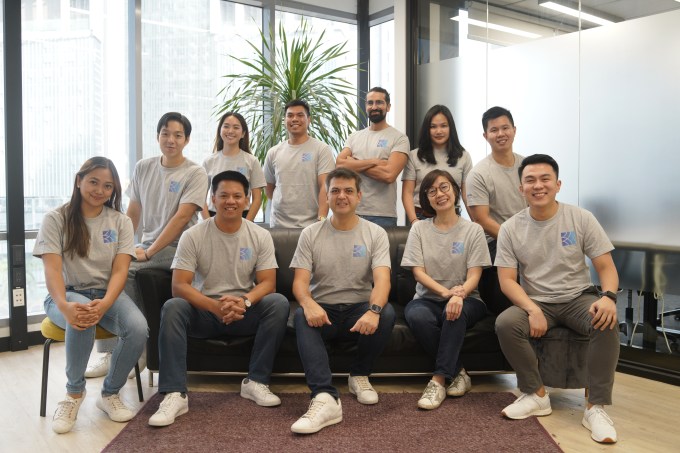
Kaya Founders’ team
Campos compared the growth of the Philippines’ startup ecosystem to India in the 2000s and Indonesia over the past decade. One of the main reasons is founders who have experience working at large tech companies like Grab, Lazada and Zalora, as well as Filipinos who were educated abroad returning to start companies in their home country. Campos told TechCrunch that Kaya has seen four founder archetypes emerge thanks to a confluence of the Philippines’ economic, business and cultural development.
The first is “second generation tech talent,” or former employees of large tech companies that “had their eyes opened to how quickly a unicorn can be born when you hit product-market fit,” said Campos. The second is corporate executives who left their jobs to start companies and bring domain expertise to their new roles. Peddlr founder Nel Laygo is one example—he worked at Unilever and Proctor and Gamble before launching the company to provide a POS system for sari-sari, or corner stores.
The third segment are founders who have experience working abroad, including Filipino expats and members of the Filipino diaspora, and the fourth are non-Filipinos who decided to start companies in the Philippines, taking advantage of the fact that English is the main language of business (Kaya’s portfolio includes founders from countries like Germany, the U.S., Singapore and India).
An example of the third segment is Kindred founder Jessica de Mesa, who was chief commercial officer at Zalora and spent half a decade working at its parent company, Global Fashion Group, in Singapore and London. De Mesa returned to the Philippines to lead Zalora Philippines’ commercial team, but wanted to return to healthcare (de Mesa is a registered nurse). Kaya had previously developed Kindred as a concept under its healthcare-focused joint venture, Pulse-63, and backed de Mesa as a “institutional co-founder” from its beginning.
“We are really seeing an acceleration of the flywheel of startups seeing customer traction and adoption, attracting investors both locally and internationally, and those success stories and fundraising round announcements inspiring a new breed of founders to throw their hat in the ring as well,” said Campos. “We see this as being very similar to what has emerged in Indonesia the past six to seven years, with the Philippines being at the cusp of the inflection point, just before the rocket takes off.”
Some challenges the Philippines’ startup ecosystem still have to deal with include a fairly nascent venture ecosystem, dominated by local CVCs, and problems sourcing tech talent and finding strategic partners with experience in go-to-market strategies, Campos said. Kaya was founded to help bridge the gap, giving founders access to people like former Lazada Philippines CEO Ray Alimurung, who was recently appointed as general partner of the Zero to One Fund, and Gokongwei-Cheng, for mentoring and strategizing.
Other support founders can get from Kaya include recruitment, legal services, educational material, office space and product development support, and a network of downstream investors, strategic partners, beta testers and pilot customers.
“We feel strongly that from now until the end of the decade, we will be living through the ‘golden age’ of startups in the Philippines,” Campos said. “That opportunity is also not just for local homegrown ventures, but also regional SEA or global startups that target the Philippines as a growth market.”
Kaya Founders backs Philippines startups from “Day 0” by Catherine Shu originally published on TechCrunch

